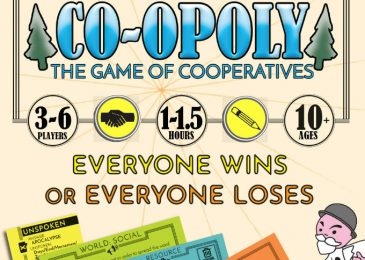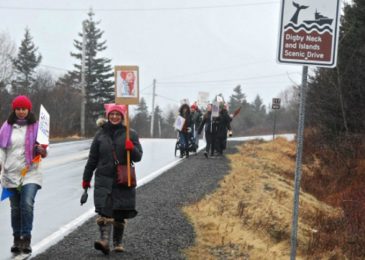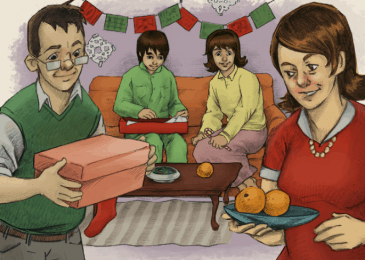Sorry, no kids. Adult only rentals counter to Nova Scotia Human Rights legislation
Poverty activist and frequent contributor Brenda Thompson writes about adults only buildings and the law. She was one of the activists who, in the early 1980s, brought about changes that make discrimination based on source of income (welfare) and age (whether you have children) illegal. Landlords openly break that law all the time, and the Nova Scotia Human Rights Commission just sits back.










